
Title VII Doesn’t Cover Sex Orientation Bias, 2nd Circ. Told
By Kelly Knaub
Law360, New York (September 19, 2016, 6:59 PM EDT) — Ad agency DDB Worldwide told the Second Circuit on Friday that a lower court properly dismissed a discrimination suit filed by a DDB advertising executive on the grounds that Title VII excludes claims of sexual orientation discrimination, among other reasons.
DDB said that New York’s Southern District relied on valid precedent — the Second Circuit’s 2000 ruling in Simonton v. Runyon — when tossing the suit brought by Matthew Christiansen, an HIV-positive gay man whose boss allegedly harassed him with impunity. Christiansen is currently seeking to overturn Simonton, which held that Title VII does not cover discrimination based on sexual orientation.
DDB contended Friday that even if the district court had erred in following Simonton and declining to extend Title VII protection to Christiansen’s assertions of sexual orientation discrimination, the Title VII claims are nevertheless time-barred since all the alleged conduct occurred more than 300 days prior to the U.S. Equal Employment Opportunity Commission’s Oct. 29, 2014, charge.
“Because an employee alleging a cause of action under Title VII must file a charge with the EEOC within 300 calendar days from the date the discrimination took place, and because Christiansen failed to do so, this court should dismiss his Title VII claim on timeliness grounds even if it finds that Title VII applies,” DDB said. “Thus, there is no need for the court to grapple with the Title VII statutory interpretation issue.”
The ad agency also argued that the lower court properly rejected Christiansen’s equitable tolling claim, saying it was correct in finding that Christiansen failed to plead facts establishing that he was prevented in some extraordinary way from exercising his rights.
Christiansen had initially sued DDB, parent company Omnicom Group Inc. and several individuals in May 2015, bringing various claims under the Americans with Disabilities Act, Title VII Civil Rights Act of 1964 and other statutes.
He alleged that after being hired in April 2011 as an associate creative director, he was harassed and discriminated against by his supervisor Joe Cianciotto, a named defendant.
In March 2016, U.S. District Judge Katherine Polk Failla ruled that Christiansen’s suit could not proceed in part because Title VII excludes claims of sexual orientation discrimination.
Citing precedent established in Simonton, Judge Failla said the Second Circuit “unequivocally held that Title VII does not proscribe discrimination because of sexual orientation,” adding that the appeals court drew a line between sexual orientation and sex-based discrimination claims.
But the judge’s ruling noted that the legal landscape has changed drastically since Simonton. Judge Failla pointed to the U.S. Supreme Court’s 2013 ruling in U.S. v. Windsor, which struck down the Defense of Marriage Act, and last year’s landmark high court ruling in Obergefell v. Hodges, which granted same-sex couples the right to be married.
Although neither case is directly related to Title VII claims, Judge Failla said, they reflect “a shift in the perception, both of society and of the courts” toward same-sex relationships and the people that participate in them.
The judge also spotlighted an EEOC decision in July 2015 that said allegations of sexual orientation discrimination are cognizable under Title VII.
In July, Lambda Legal Defense and Education Fund Inc. urged the Second Circuit in an amicus brief to expand its interpretation of Title VII’s ban on sex bias to include discrimination on the basis of sexual orientation, saying the EEOC has already taken that position and deserves deference.
The EEOC, 128 Congressional Democrats, the National Center for Lesbian Rights, and the American Civil Liberties Union, along with a number of other groups, also filed amicus briefs in July, urging the Second Circuit to reverse the decision.
“The recent Seventh Circuit Hively case did not have the benefit of the 128 Congressional Members amici brief that Christiansen has in this appeal, nor the district court decision I obtained urging a reversal of this circuit’s archaic case of Simonton that but for that case our judge stated that she would have ruled in our favor,” Susan Chana Lask, attorney for Christiansen, told Law360 in an email.
An attorney for DDB did not respond to a request for comment Monday.
Christiansen is represented by Susan Chana Lask of the Law Offices of Susan Chana Lask.
The defendants except Cianciotto were represented in federal court by Howard J. Rubin, Shira Franco and Judith Kong of Davis & Gilbert LLP. Cianciotto is represented by Rick Ostrove of Leeds Brown Law PC.
Lambda is represented in-house by Gregory Nevins and Omar Gonzalez-Pagan as well as Michael D.B. Kavey.
The case is Christiansen v. Omnicom Group Inc. et al., case number 16-748, in the U.S. Court of Appeals for the Second Circuit.
–Editing by Edrienne Su.
Update: This story has been updated to include a comment from Christiansen’s attorney.

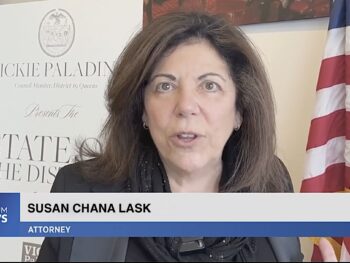
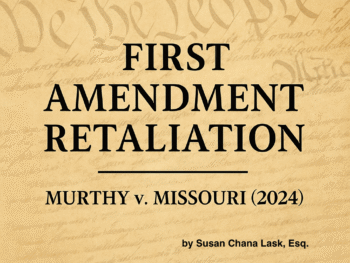
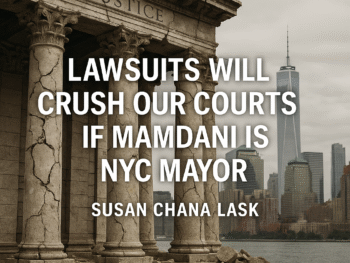
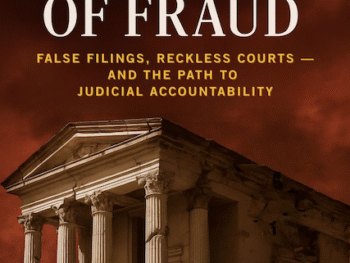
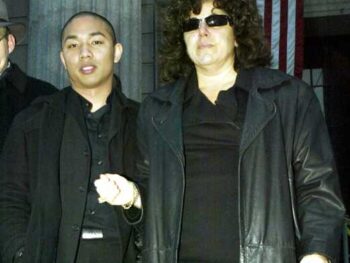




 BLOOMBERG: LASK ARGUES TO REVERSE TITLE VII CASE IN 2D CIRCUIT
BLOOMBERG: LASK ARGUES TO REVERSE TITLE VII CASE IN 2D CIRCUIT